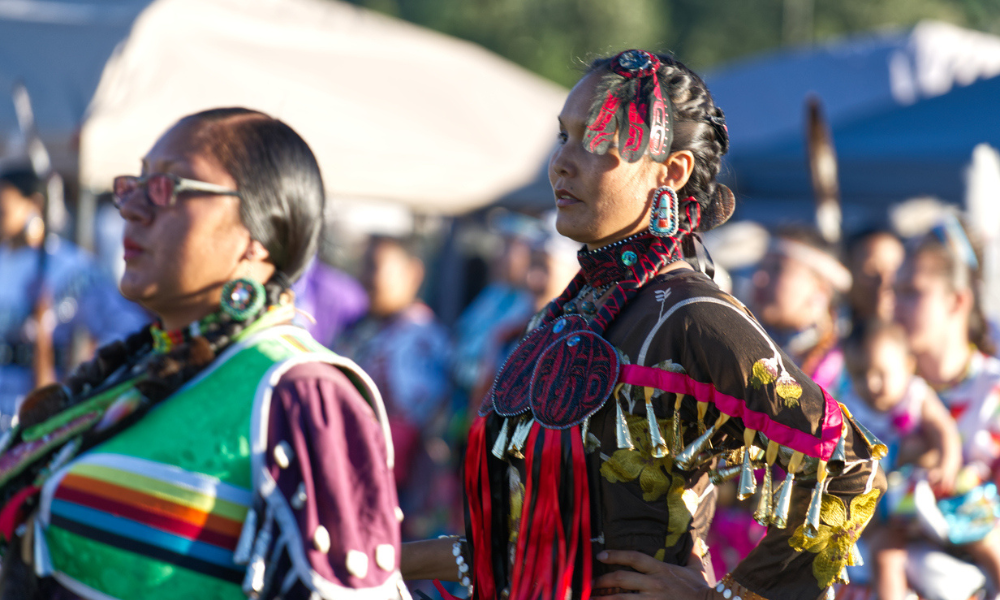UN committee called on federal government to amend Indian Act

The United Nations Committee on the Elimination of Discrimination against Women has urged the federal government to address the “long-standing gender-based discrimination” in the Indian Act.
Under the Indian Act, only the federal government can decide who has the right to be registered as a “status Indian.” Persons registered with Indian status can gain access to rights and benefits, such as healthcare services, financial support for education, the right to reside on Indigenous territories, and hunting and fishing rights on Indigenous traditional lands. Before 1985, the Indian Act contained provisions disenfranchising Indigenous women’s Indian status if they married non-Indian men.
In its released statement, the committee cited the case of J.E.M., whose grandmother was a member of the Squamish Nation in British Columbia but married a non-Indian man. As a result, J.E.M.’s grandmother lost her Indian status.
According to the committee, J.E.M., a descendant of a disenfranchised Indigenous woman, was denied his Indian status until 2011. Moreover, it was only in 2019 when J.E.M.’s children were granted Indian status. However, J.E.M. and his children are still barred from passing their Indian status to the next generations.
J.E.M then brought a petition to the committee after multiple failed attempts to challenge the Indian Act in Canada.
In its decision, the committee found the provisions of the Indian Act “discriminatory” to the descendants of disenfranchised Indigenous women.
The committee said that J.E.M. and his children had become “victims of violations rooted in the discriminatory nature of the Indian Act” by being prevented from passing on their Indian status to the next generation.
“The entire issue stems from the disrespect of Indigenous people’s fundamental right to self-identification,” committee member Corinne Dettmeijer said. “It is further exacerbated by the unequal criteria by which men and women are permitted to transmit Indigenous status and identity to their descendants.”
“By comparison, descendants of Indigenous Indian grandfathers would never have lost their status and have always been able to pass on their status to their children,” Dettmeijer added.
With this, the committee asked the government to provide appropriate reparation to J.E.M. and his children by recognizing them as Indigenous people with full legal capacity and permitting them to freely transmit their Indigenous status and identity to their descendants and amend the Indian Act to enshrine the fundamental criterion of self-identification.










